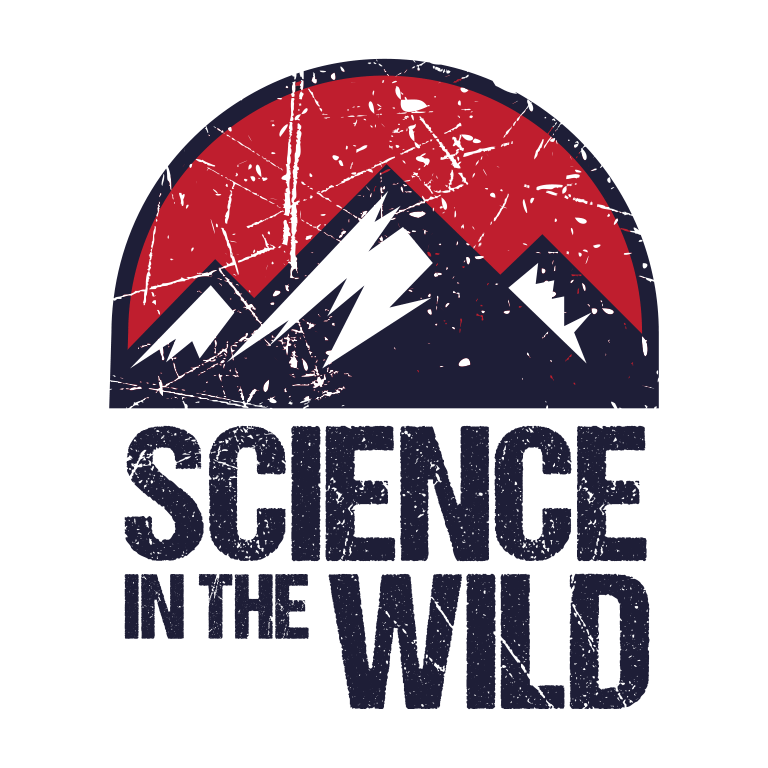Wild Weather – September 9, 2020
It’s Science Wednesday! Here in Colorado, we went from record-setting heat near 100 degrees Fahrenheit with raging wildfires over the Labor Day weekend to freezing temperatures and snow showers Tuesday/Wednesday. What gives? Is this just “Colorado being Colorado”? You might know the saying…if you don’t like the weather, just wait 5 minutes. However, there would be a crucial part of the story missing – one that simply cannot and should not be ignored or dismissed. This weather whiplash is a warning that all is not right.
Everything in this planet is interconnected, much like the parts of your body. If you neglect exercise or don’t eat healthy food, eventually, your whole body suffers. The Earth is now suffering from mistreatment. Too many fossil fuel emissions are going into our atmosphere and oceans, causing excess heating. The Earth wants to get rid of this excess heat and try to restore equilibrium. One way to do this is through storm systems (hurricanes in the north Atlantic; typhoons in the north Pacific). In the case of Colorado’s recent wild weather, the story is tied to typhoon activity all the way in the northern Pacific, near Japan and Korea.
Despite being 6,000 miles away, these storms have injected copious amounts of heat energy into the northern jet stream. You can think of a jet stream as a fast-flowing “river of wind” flowing from west to east, high up in the atmosphere, separating hot and cold air masses (Find out more here: https://scijinks.gov/jet-stream/ ). The jet stream is already wavy but now imagine this huge influx of heat being added from the storms and causing a “ripple effect” between air masses, leading to the jet stream dipping sharply “downstream” as far south as the Colorado Rockies. With it, it brought frigid air that normally stays up in the Arctic this time of year.
Extra heat – extra energy – that we are putting into the atmosphere and oceans through human causes is causing extreme weather. It comes down to physics: Nature is showing that every action indeed has an opposite reaction. However, it’s not always equal, as demonstrated by Colorado’s situation: it can be amplified and intensified and won’t get better until we take serious steps to curb our fossil fuel emissions. Think about how you can contribute to this: turn off lights and TVs when not in use, open the windows instead of using the air conditioning (if you can, safely, as wildfires are making air quality very unhealthy in parts of the country right now), eat more vegetables, support businesses that use sustainable practices and are conscious of their carbon footprints. Before hitting “add to cart” on Amazon, think about what you truly need. Let’s be part of the solution, not the problem.

